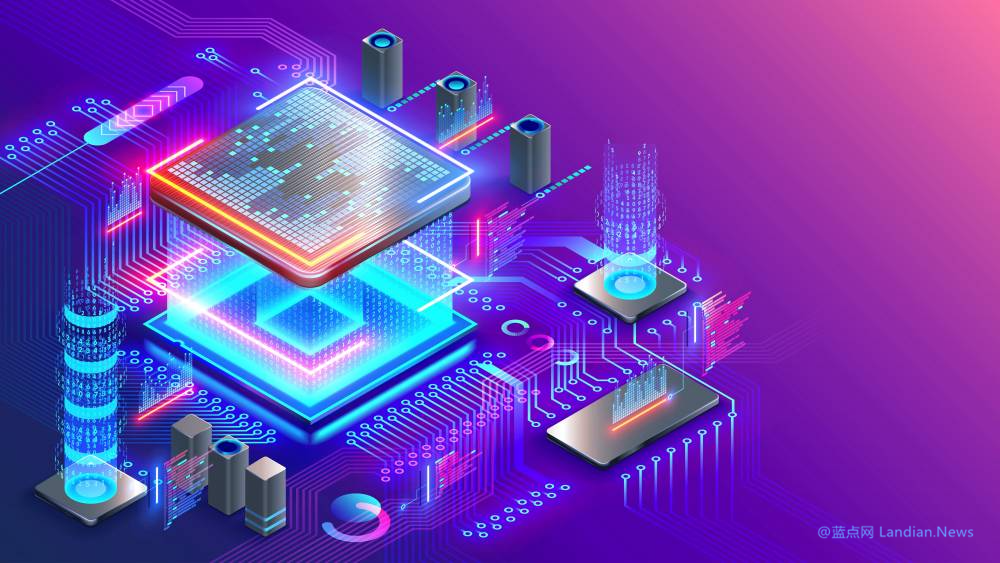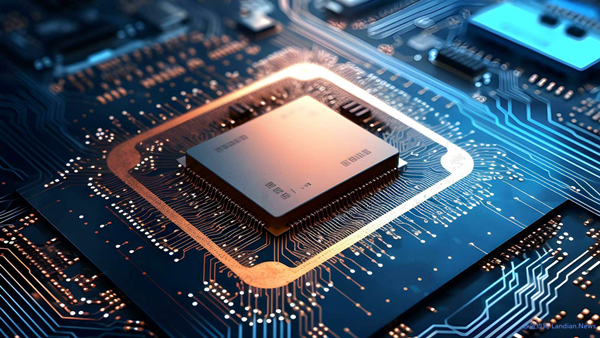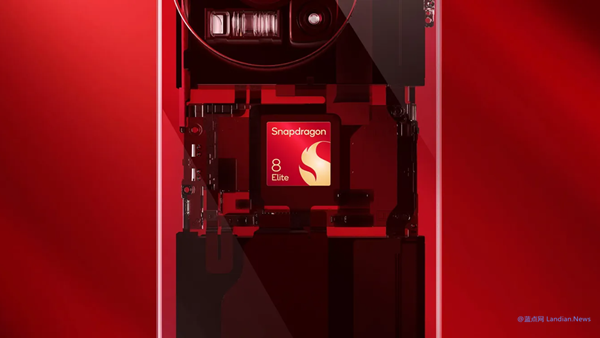Russia Battles Global Sanctions: Baikal Electronics Plans Independent AI Chip Development - A $20 Million Future Ahead
Due to global sanctions, Russia has been absent from the worldwide AI wave, as AI requires a large number of advanced process chips. Due to previous sanctions from the West, Russia can only obtain processors equivalent to those found in the Sony PS2 from the year 2000 through regular channels.
In response to this situation, Baikal Electronics, one of Russia's two main chip developers, has launched a new plan to develop AI chips based on open-source ASIC (Application-Specific Integrated Circuit) technology.

Andrei Efremov, CEO of Baikal Electronics, stated that the company has established a new department to develop a series of artificial intelligence-specific chips, utilizing the best existing architectural practices. A key task for the team is to build a software ecosystem for the new processor.
A former employee of Russia's other CPU developer, MCST, mentioned on social media that this project might cost 2 billion rubles (approximately $21.25 million) and take up to three years.
Baikal Electronics' new department will focus on building ASICs for artificial intelligence applications. However, company executives did not reveal during an interview whether their ASIC chips could be designed for training or inference or optimized to support both types of workloads.
The chief developer of Baikal Electronics' AI ASICs expressed that the leader in the field of specialized AI chips is NVIDIA, which can be seen as a monopolist in the hardware solutions sector. Domestic solutions in Russia are niche and lack coverage of all necessary tasks and the required software ecosystem.
Therefore, Baikal Electronics is developing its artificial intelligence-specific chips, hoping to meet Russia's AI hardware needs in the coming years. However, even after developing them, production may be an issue, as chip foundries still rely on manufacturers like Samsung and TSMC.





![[Open Source Project] Collecting Various AI Crawler Names for Blocking to Prevent AI from Scraping Your Data for Model Training](https://img.lancdn.co/news/2024/06/4097T.png)



